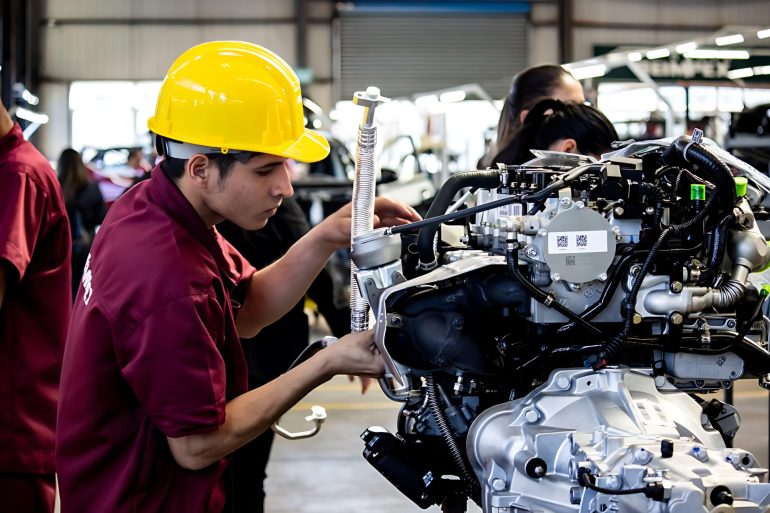Looking forward to modernise the maquila regime, update tax incentives and promote local electronics assembly, three new investment laws were approved in Paraguay by the Congress on 2 September, 2025. The reforms are intended to attract investment, create jobs and strengthen global supply chains. The measures now await executive promulgation.
A new era for maquila
A key reform updates the 1997 maquila law. The sector employs 35,000 people directly and 100,000 indirectly, mainly in textiles and auto parts, with exports rising 16% in 2023 to more than US$1.5 billion. The new framework allows renewal periods of up to 20 years, with multiple extensions permitted within that limit, while also strengthening oversight and adding the Labour Ministry to the regulatory council.
What is most striking, however, is the expansion of maquila to services. Exporters of apps, SaaS, digital marketing, graphic design, video production and other areas may now qualify. This could allow professionals in Paraguay to access global markets without leaving the country. In practice, it marks the beginning of a “new maquila for services” that could reshape opportunities for digital workers.
Investment incentives reform
The second law replaces Paraguay’s long-standing Law 60/90 on investment incentives, which had remained unchanged for more than three decades. It exempts tariffs and VAT (Value Added Tax) on imported capital goods, as well as dividends and profits taxes for up to ten years. For the first time, Paraguayan investors can also access these benefits, previously reserved only for foreign capital.
The reform aims to create a more efficient framework for private investment, with stricter eligibility criteria, proportionality rules and time limits. The law also creates a trust fund to ensure compliance with investment commitments, allowing the state to recover benefits in cases of non-compliance.
Assembly law
The law establishes a National Policy for the Production and Assembly of electrical, electronic, electromechanical and digital equipment. It aims to attract companies to manufacture or assemble in Paraguay while integrating the country into global value chains. The framework offers tax exemptions on imported materials but requires a minimum level of local value added to ensure benefits for the domestic economy.
Ciudad del Este, already a hub for electronics trade worth over US$700 million annually, is expected to play a central role. With e-commerce in Paraguay growing by 32% in 2024 and projected to reach US$1.5 billion by 2027, the timing of the assembly law suggests a deliberate strategy to capture this momentum.
What the new investment laws mean for residents
While officials present the reforms as a turning point for investment, the true impact will depend on how far they generate dignified employment and broader opportunities within the country. Regulations are still incomplete, particularly on whether companies will be required to hire local staff, and in what proportion.
These reforms unfold against a wider backdrop of stability. Recent international analyses have positioned Paraguay as a reliable hub amid Latin America’s economic volatility, highlighting disciplined fiscal management and investor confidence.
For those living and working in Paraguay – both locals and newcomers – the expectation is that the reforms will go beyond fiscal incentives and corporate interests, delivering tangible benefits such as job stability, skills training and access to new technology. Whether these promises materialise will determine if the new investment laws succeed in shaping not just the economy, but also the everyday lives of people across Paraguay.


